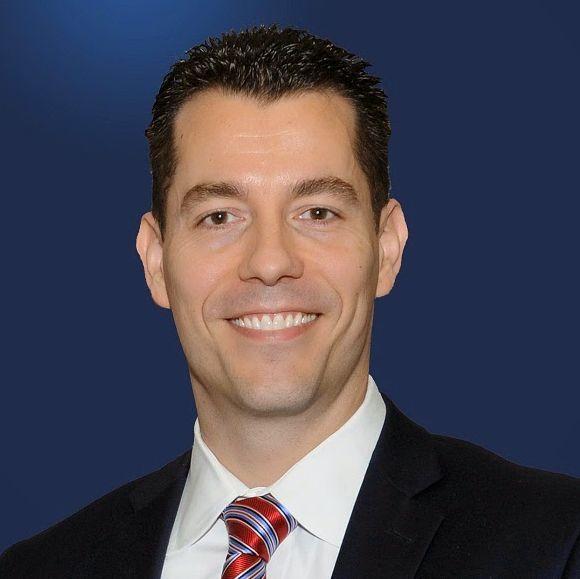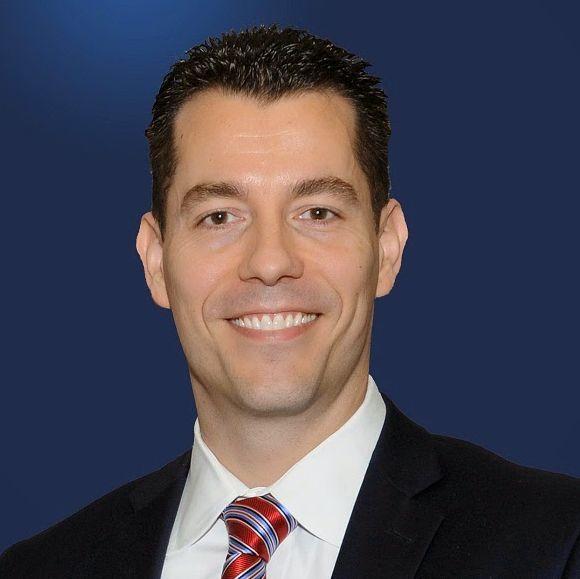
Credit: Baylor College of Medicine
Each year, at least 3 million people worldwide die of sudden cardiac death. In the U.S., this number reaches up to 450,000 people. Although sudden cardiac death is more common in older adults, younger people also are significantly affected. In the 1 to 40 age group, up to 9 per 100,000 people are affected each year. In this group, inherited cardiac diseases, including inherited cardiac arrhythmia disorders, cause a substantial proportion of sudden cardiac death.
In his lab at Baylor College of Medicine, Dr. Xander Wehrens and his colleagues study cardiac conditions, including inherited cardiac arrhythmia disorders. In addition to being often associated with a high incidence of sudden cardiac death, these disorders can be difficult to treat.
"For this particular study, we were inspired by a young patient who has been affected by an inherited cardiac arrhythmia disorder called catecholaminergic polymorphic ventricular tachycardia (CPVT). Our patient has recurring arrhythmias – irregular and fast heartbeats – and fainting episodes," said Wehrens, who is professor of molecular physiology and biophysics, the Juanita P. Quigley Endowed Chair in Cardiology and director of the Cardiovascular Research Institute at Baylor. "Several family members had near fatal arrhythmias or sudden cardiac death. Current treatment options including anti-arrhythmic drugs and an implantable defibrillator – a device to correct certain irregular heartbeats – are not optimal for this patient."
Genetic studies have shown that the cause of the young patient's arrhythmia is a mutation in gene RYR2. Mutations in this gene account for nearly 60 percent of all CPVT cases. This gene encodes proteins that form a channel that regulates calcium flow in heart muscle cells called cardiomyocytes. Cardiomyocytes require proper calcium flow to contract and relax in a coordinated manner.
Gene mutations that produce defective RYR2 proteins lead to defective calcium channels that promote uncontrolled calcium leak. During exercise or emotional stress, a heart with defective RYR2 proteins will not regulate calcium flow properly, and this can lead to potentially life-threatening arrhythmias.
Designing a permanent treatment for CPVT
Wehrens teamed up with Dr. William Lagor, associate professor of molecular physiology and biophysics, who is an expert in gene therapy using Adeno-Associated Viral (AAV) vectors. These viruses can be used to deliver the CRISPR/Cas9 genome editing machinery directly into the heart.
The long-term goal of this collaborative project is to develop a permanent treatment for CPVT in humans by editing the patient's own DNA.
Wehrens and Lagor engineered AAV vectors to deliver CRISPR/Cas9 (AAV-CRISPR) into the hearts of live animals. They reasoned that eliminating the disease-causing copy of the RYR2 gene, called R176Q, could correct this lethal arrhythmia disorder in mice. To test this new approach, AAV-CRISPR was used to selectively disrupt the mutant RYR2 gene in the R176Q mouse model of CPVT.
Ten days after birth, mice carrying the R176Q mutation and normal mice received a single injection of AAV-CRISPR or placebo treatment. Five to six weeks later, the researchers evaluated the mice, and found very encouraging results.
None of the mice carrying the disease-causing R176Q mutation that were treated with AAV-CRISPR developed arrhythmias. In contrast, 71 percent of the mice that carried the mutation and received a placebo virus did develop arrhythmias. Editing of the defective copy of the gene using AAV-CRISPR greatly reduced the abundance of the dysfunctional RYR2 proteins. Furthermore, the single 'healthy copy' of the RYR2 gene that remained was enough to support proper heart function. No adverse events linked to treatments were observed in the groups of normal or affected mice.
"We are particularly excited that we were able to selectively disrupt the disease-causing R176Q mutated gene without adversely affecting the healthy gene variant in the genome," Wehrens said.
"We are now testing the same approach in stem cells from patients with the same condition, to analyze efficacy and safety in human cells. This may enable us to develop this approach for future therapeutic studies in patients with this arrhythmia syndrome," said Wehrens.
Lagor also is optimistic about this new therapeutic approach.
"There are many diseases that are unsuitable for additive gene therapy, either because the gene is too large to deliver or a defective copy of the gene acts in a dominant way. For many mutations in RYR2 that cause CPVT, both of these are the case," Lagor said. "We believe that precision genome editing is the future for tissue-directed gene therapies, and severe cardiac diseases are an ideal place to start."
###
Read all the details of this study in the journal Circulation Research.
Other contributors to this work include Xiaolu Pan, Leonne Philippen, Satadru K. Lahiri, Ciaran Lee, So Hyun Park, Tarah A. Word, Na Li, Kelsey E. Jarrett, Rajat Gupta, Julia O. Reynolds, Jean Lin and Gang Bao. The researchers are affiliated with Baylor College of Medicine or Rice University.
This project was supported by National Institutes of Health grants R01-HL132840, R01-L089598, R01-HL091947, R01-HL117641, R56-HL131649, and R01-HL136389; an Individual Investigator Research Grant Award from the RYR1 foundation; an American Heart Association grant 14SDG20080008 and a grant from the Saving Tiny Hearts Foundation.
Disclosures
X. Wehrens is a founding partner of Elex Biotech, a start-up company that developed drug molecules that target ryanodine receptors (RYR) for the treatment of cardiac arrhythmia disorders. The other authors report no conflicts.
Media Contact
Graciela Gutierrez
[email protected]
713-798-4710
@bcmhouston
https://www.bcm.edu/news
Original Source
https://blogs.bcm.edu/2018/10/30/preventing-sudden-cardiac-death-with-genome-editing/ http://dx.doi.org/10.1161/CIRCRESAHA.118.313369





